Financial Security With Minimum Risk
Learn the difference between real risk and financial independence.
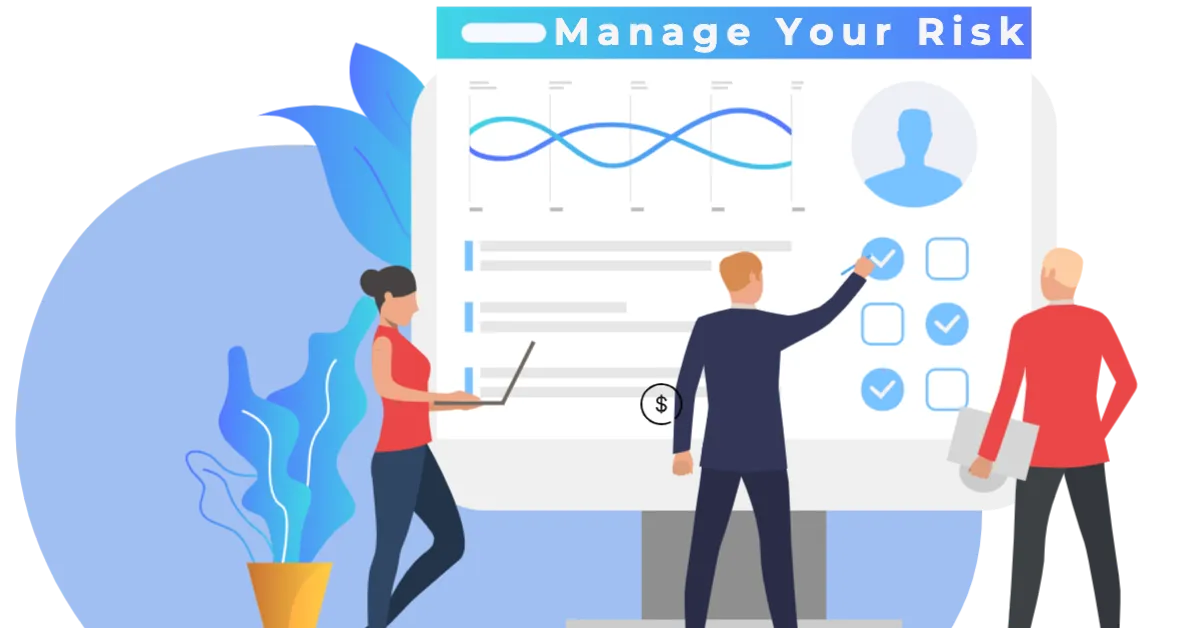
One of the most valuable lessons I’ve learned during my long investment career is the true meaning of risk and how to conduct my financial affairs to minimize it. When I quit my telephone job after 20 years’ service and a steady paycheck with all the perks – my friends quietly whispered when I wasn’t looking. This guy, for whatever reason, has “flipped out” – he’s totally lost it! Even though I had been reading investment books, attending seminars and buying home study courses, I wasn’t too sure my friends were not right. Obviously, education is a must. Still, it’s downright scary when your payday rolls around and for the first time in 20 years – there’s no check for you.
Teaching real estate seminar classes, I would always ask students: “How many days could you survive on your savings if your paycheck suddenly stopped tomorrow?” Most answers ranged from just a few weeks, but none were over six months or 180 days. That’s not much protection, especially if you’ve worked at the same job a long time.
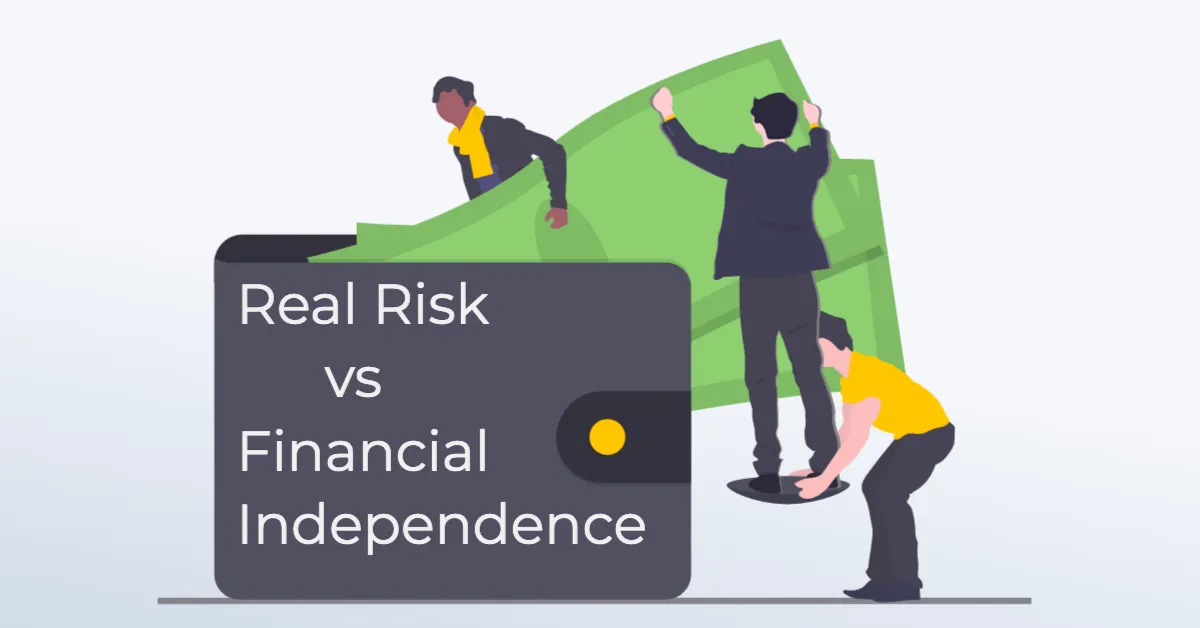
My question is designed to make students think about real risk and financial independence! When you ask seasoned real estate investors the same question – how long could you last if suddenly the economy tanked or the banks quit making loans? Most will tell ya – survival would not be a problem because we own income-producing properties. Our tenants will continue paying rents because housing is a basic necessity of life regardless of what the economy might do!
While writing this blog, two financial articles appeared in the San Francisco newspaper on the same day. The first was about the closing of a meatpacking plant shutting down after 41 years of operation. The closing will result in 81 full-time workers losing their employment. Local union officials gathered to protest the meager severance amount being offered by the company. According to the rules governing the layoff, the plant was not required to provide severance pay. The union had been asking for one week’s pay for every year worked up to 16 years.
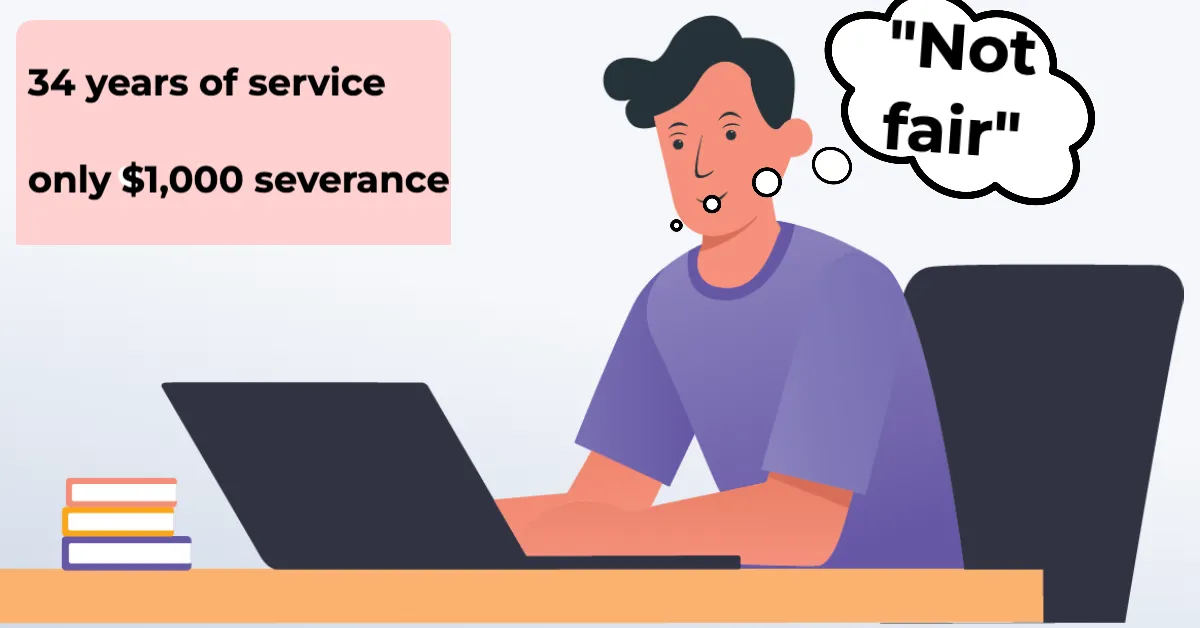
Mr. Abbott, a maintenance worker with 34 years at the plant was offered $1000 severance or roughly $29 for each years of service. Plant officials told him at first; they didn’t believe in severance for plant closings, but finally agreed to pay him $1000.
The second article on the very same page reported that Ivanka Trump and her husband, Jared Kushner, received 28 million dollars income in 2018. Their earnings were generated by their vast real estate holdings, mostly apartments in New York held in their family trust. Ivanka also reported a $263,500 book advance for writing “Women Who Work”, Rewriting the Rules of Success.
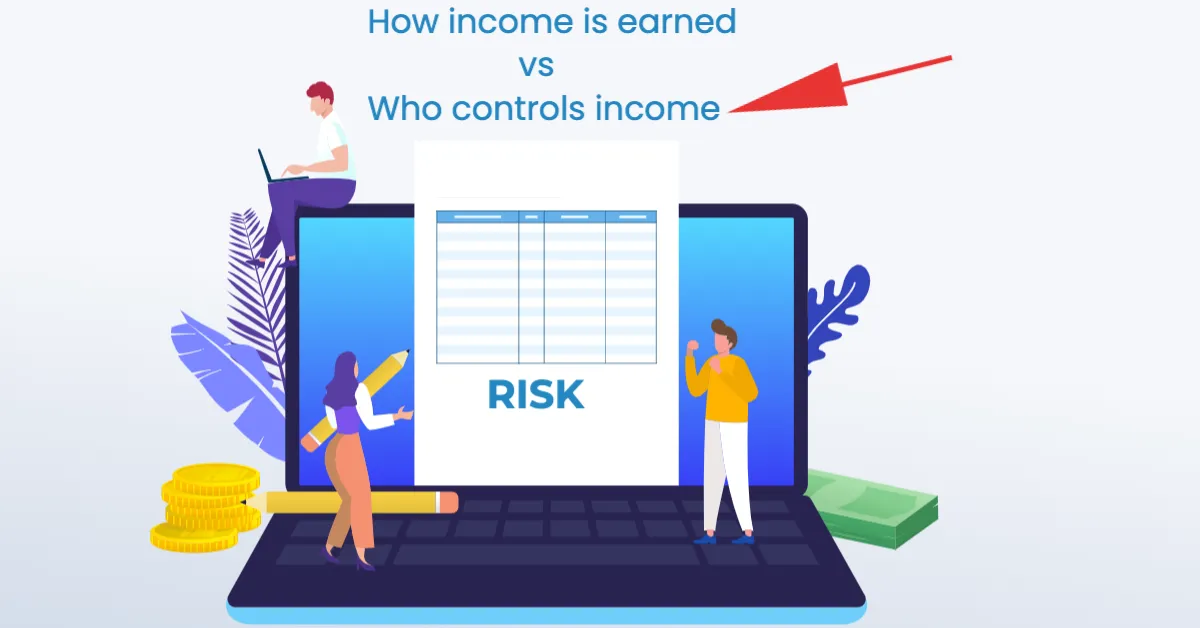
The reason these two separate articles were so intriguing to me was because they are perfect examples that demonstrate the total different risks based on how one’s income is earned and who controls the income. Mr. Abbott earned his income as an employee working at the plant every day. His employers were in total control of his paydays – also, when they ceased to exist.
It was a totally different outcome for Ivanka Trump and her husband Jared. Their income has nothing to do with working or an employer. Instead, the lion’s share of their income was earned by their business and real estate assets. In terms of risk or their income being discontinued – that’s not very likely I’d guess! You might be thinking to yourself – millionaires and the super-rich can survive forever because even if their source of income suddenly dried up, they’ve still got plenty of money in the bank to keep going!
The truth is rich folks can run out of money just like anyone else. That’s because they live at a much higher level of spending. You might spend $4000 or $6000 every month for a home mortgage – they spend a million dollars for a mansion. They own twenty-million dollar yachts and vacation in exotic locations around the world. I’m guessing, you don’t. It’s a well-known fact that most people live pretty much at the level they can afford and if their income were to suddenly stop – rich might not survive much longer than a factory worker!
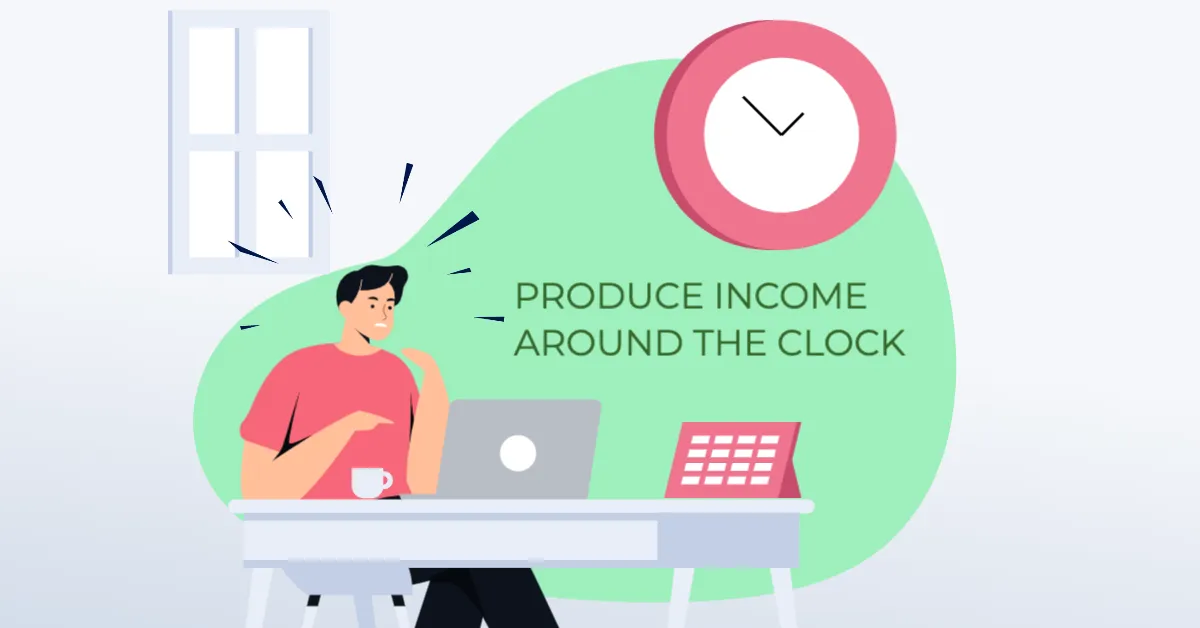
I’ve learned that true financial security with the least amount of risk comes from owning assets that produce income around the clock and of course, living within your means.
If you wanta end up wealthy and more secure with a whole lot less risk – observe what wealthy people do, and above all don’t take advice from poor people. You’ll quickly discover that most wealthy folks buy income-producing assets – stocks, bonds and real estate. Everyone else buys liabilities. Let’s define assets as something that earns you money, and liabilities as something that costs you money.
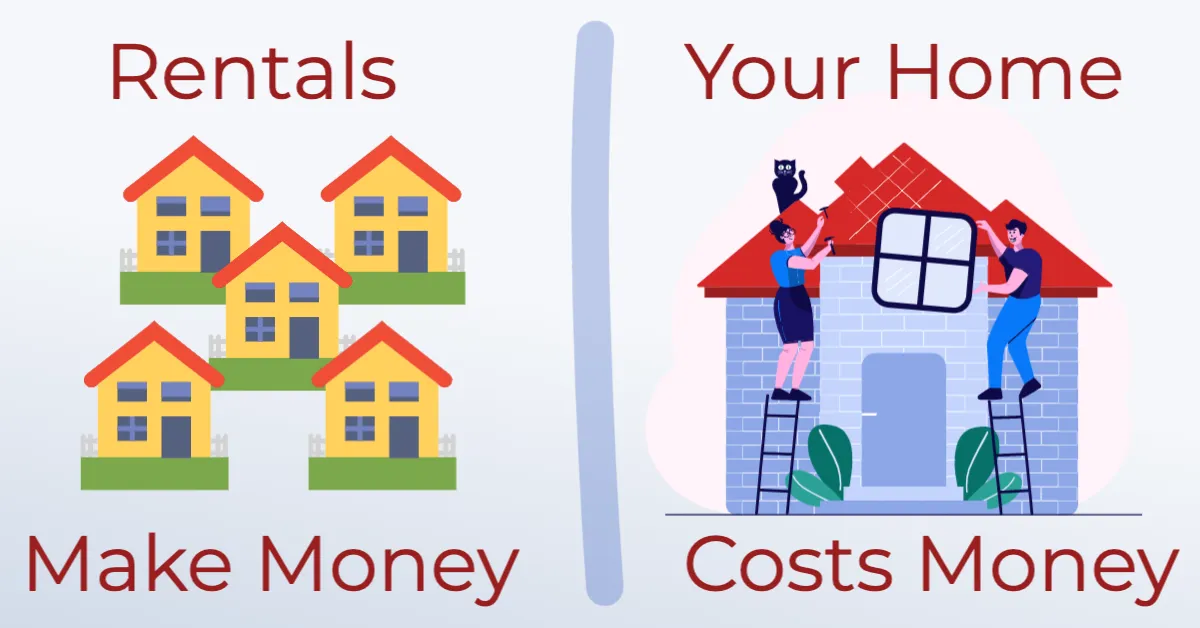
A rental property will earn you money – a car costs you money even though both are often called assets. The family home, likely the largest single purchase for non-investors is commonly considered an asset. But once again, it doesn’t earn money – it costs you money.
For young folks starting out who are serious about financial security, whether married or otherwise, you can reach financial security a lot faster if you’ll put off buying a home for a while and purchase rental properties instead. I realize I’m asking a lot here, but buying a home first slows everything down. A home costs at least twice as much as renting the same size accommodations. The reasons are: new furniture, patio stuff, fencing, lawn mower, maintenance, repairs and landscaping. It’s even worse because your mind, your time and energy are totally devoted to your new home. Once again, I realize this suggestion for young married folks might trigger a quick divorce, but the rewards are awesome if you can pull it off!
Another thing you’ll quickly learn by either watching or “hanging out” with rich people - they keep receipts and deduct many of their expenses from business or investment income before they even think about paying taxes. When I worked for the telephone company I never had that choice. My taxes were already deducted and paid to the government before I ever got to see my check. All my bills and expenses had to be paid from what was left over, from my net income! This is a very expensive price to pay when you earn your living as an employee.
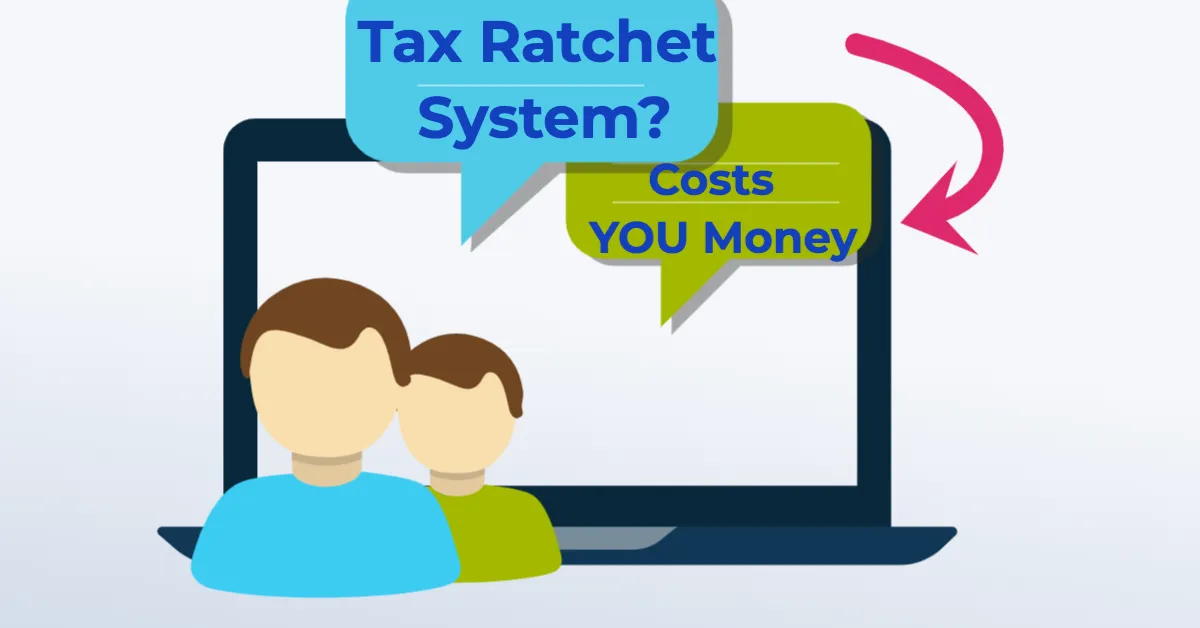
I learned early on it’s almost impossible to get very rich as a W-2 wage earner because of what I call; the tax ratchet system. That means the more you earn the more taxes you pay. As an employee, you’re like stuck on the treadmill running in place and going nowhere. To show their gratitude, I’ve often felt the federal government and state tax collectors should present each W-2 wage earner with a big shiny 27 carat gold tax payer medal. So far I’ve never quite figured out where they should pin the damn thing!
The only way you can get off the treadmill is to change the way you earn your living. In my case, I left my telephone company job and became a full-time real estate investor. Now, because of the way I report my income to the IRS - the government no longer gets first crack at deducting their taxes! Instead, they now much wait until all my expenses are calculated – and then I’ll decide if there’s anything left for taxes.
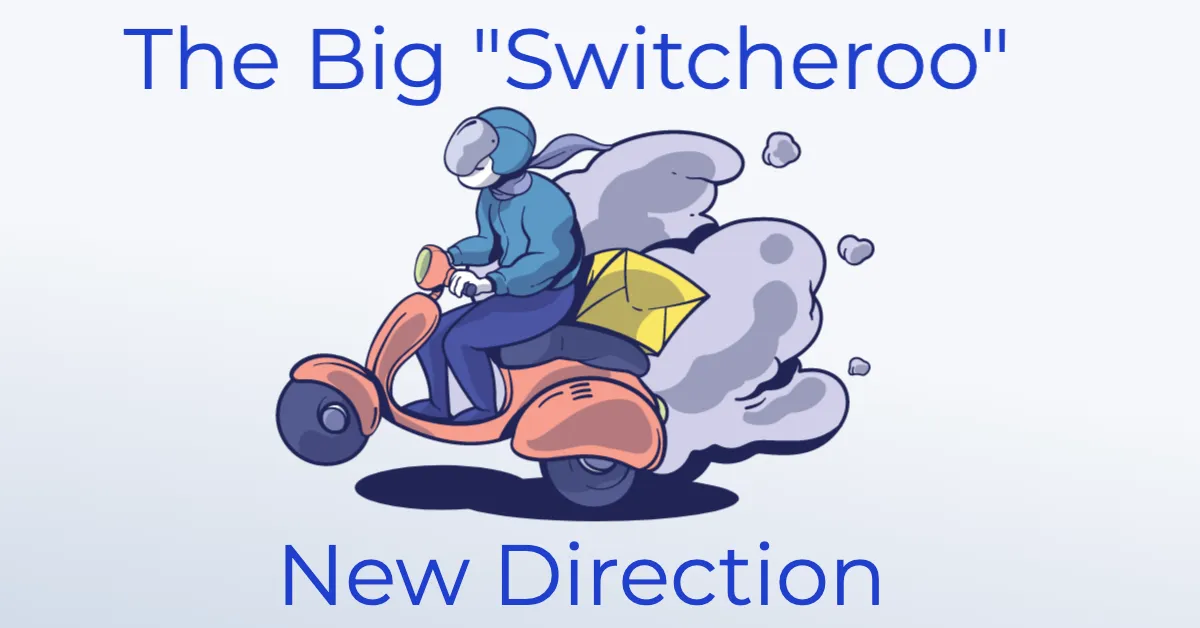
Can ya see the big switcheroo here? As a telephone employee, they always took their share first from my total gross earnings. As an investor, I take my share first! The government’s taxes are then calculated on what’s left from my net earnings. I feel a lot more secure with all my earnings in my possession!
Quite often I’m asked the question:
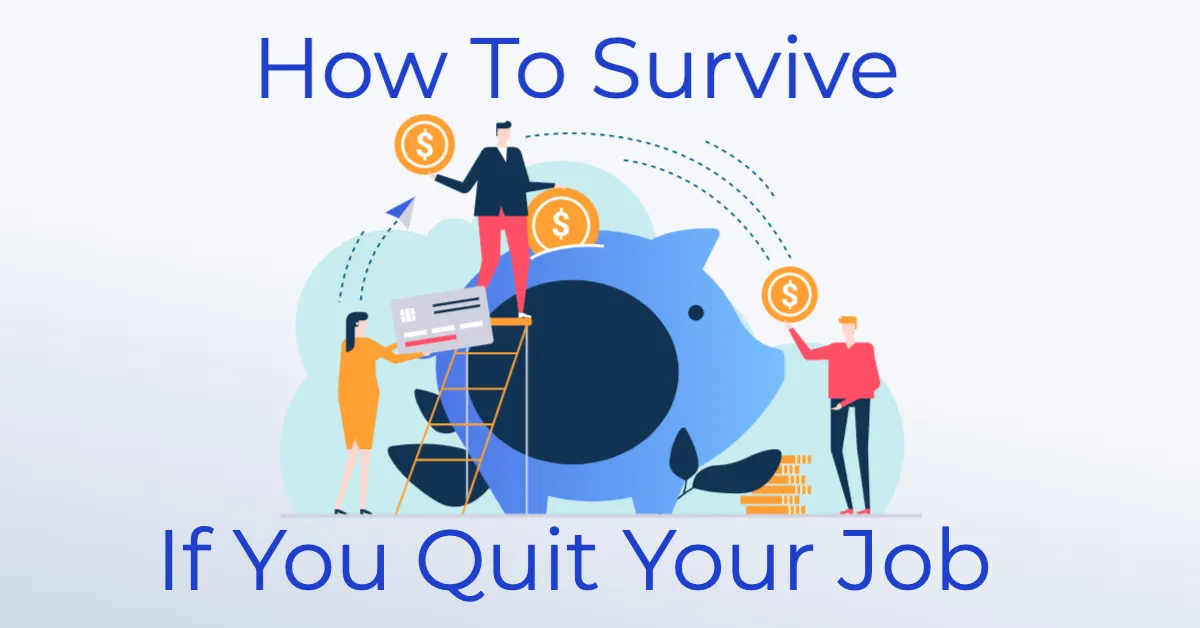
How can I survive if I quit my job? To start with, don’t quit your source of income until you own a property or two that will spin off a little grocery money (cash flow) every month. It’s one thing to curtail or stop paying taxes, but you still have your ordinary living expenses. In my case, I had a small retirement fund with the telephone company and an equally small savings account. I used the money from both sources for skimpy down payments and to pay my regular bills. Here’s what I can tell you about quitting your job
– I’ve never met a single soul who ever told me they were 100% ready or totally prepared. It’s always a giant leap of faith and always a bit scary for all of us.
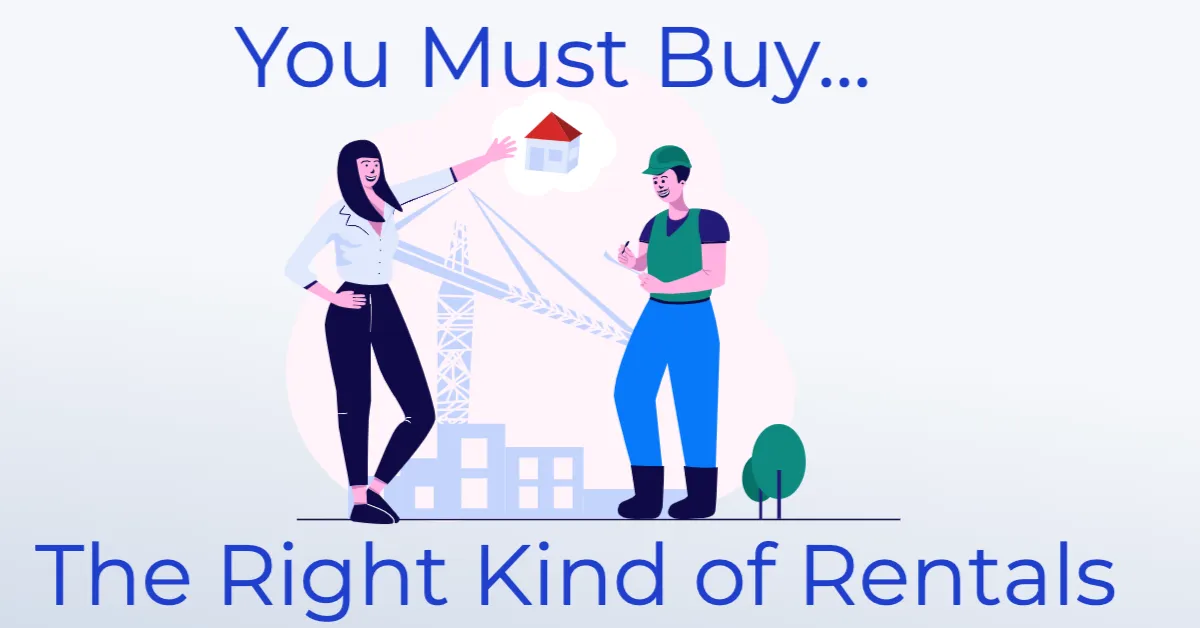
I’ll repeat myself here – do not quit your job and rely mostly on blind faith – that’s not very wise! Instead, sit down and do some calculations on paper. It’s impossible to avoid every risk, but make your decision based on well thought-out plan. Much will depend on the kind of properties you acquire. Learn why rundown, multiple unit properties will generate cash flow faster than most. To me, they are the most sensible properties for start-out investors who are willing to help themselves by learning how to paint and plug a leak! You can read a lot more about property selections and all the reason why in my real estate books available at Barnes & Noble and Amazon.
